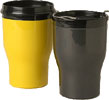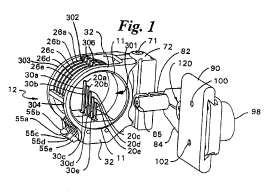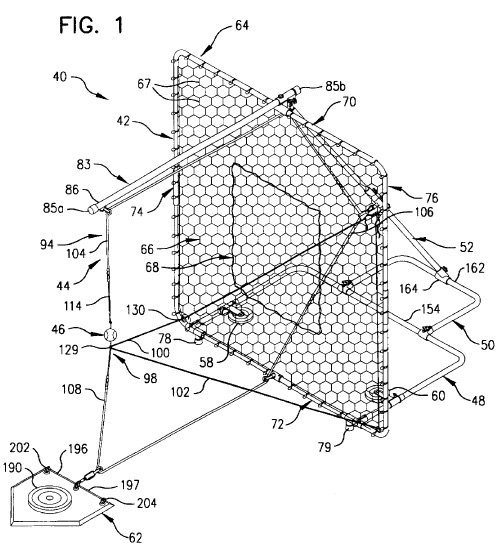Las Vegas, NV — In May, Indiana Intellectual Property Law News reported on Righthaven, LLC, a controversial company that claims to enforce copyrights online. One of the cases Righthaven pursued has recently been in the news again and illustrates the risk of pursuing copyright lawsuits that are not well founded. Righthaven filed a copyright infringement against attorney Thomas DiBiase, a former federal prosecutor. Righthaven claimed DiBiase committed copyright infringement when he posted a news story from the Las Vegas Review-Journal on his blog No Body Murder Blog. In late June, U.S. District Court Judge Roger Hunt of the District of Nevada dismissed the case for lack of standing. It seems that Righthaven did not fully own the copyrighted work and therefore had no standing to sue.
In early July, Mr. DiBiase countersued for $119,000 in legal fees, as reported by Vegasinc.com. Other defendants who have succeeded in getting Righthaven lawsuits dismissed have already been awarded attorneys fees totally over $35,000. As Vegasinc.com reports, many of the early Righthaven lawsuits were settled, but the defendants who have fought the suits have largely won on either standing or under the fair use doctrine.
Practice Tip: The case illustrates the very real risk that Righthaven faced in filing its copyright infringement cases – that it would be forced to pay the attorney fees of those who successfully defended their cases. It also underscores the importance of having an experienced intellectual property attorney who will take an aggressive defense








